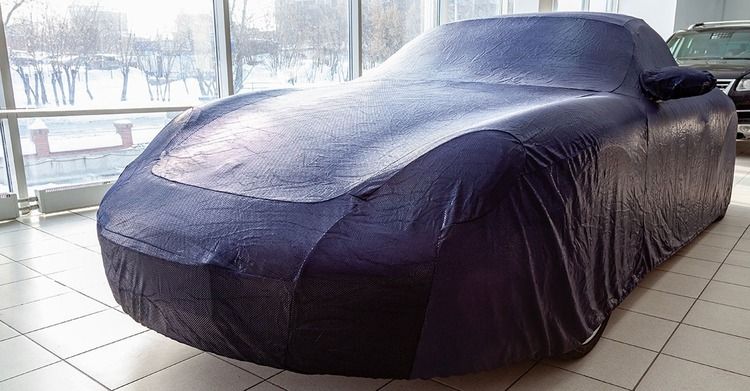
In Michigan, it’s common for people to remove coverage from vehicles they aren’t using—especially in the winter. They’ll keep only comprehensive coverage (to protect against things like theft, vandalism, and weather damage) and drop everything else. This is known as putting a vehicle “in storage” with your insurance company.
But here’s what many people don’t realize: this move doesn’t just impact your vehicle. It can actually leave you personally unprotected in some major ways.
🛑 You Lose Liability and Collision Coverage
Let’s start with the obvious. When you switch to storage-only, you lose liability and collision coverage. That means:
You legally can’t drive the car—even just around the block
If someone hits your parked vehicle, you likely won’t have coverage to repair it
You may lose long-term policy perks like accident forgiveness or multi-line discounts
But that’s just the beginning.
🚨 You Also Lose PIP—Personal Injury Protection
This one’s a big deal in Michigan. When you remove all but comprehensive coverage from a vehicle, you’re also removing the PIP benefits tied to that vehicle. And in Michigan, PIP isn’t just for accidents you cause while driving.
It can cover:
You as a pedestrian hit by a car
You as a passenger in someone else’s car
Your child riding in a friend’s vehicle or walking to school
Injuries from getting in or out of a car, even if it’s not moving
📍Real-World Examples:
You’re walking across a parking lot and get struck by a car. If you’ve removed PIP from all your vehicles, you may not have coverage for medical bills or lost wages.
Your teenager rides with a friend who gets into a crash. If your auto policy was the source of their PIP coverage and you dropped it to storage-only, they may have none.
You’re injured while helping someone move—loading or unloading a car. Again, no PIP = no medical or rehab coverage unless another policy steps in (and that’s not guaranteed).
⚠️ Michigan’s No-Fault Law Doesn’t Automatically Protect You
In the past, Michigan’s no-fault system guaranteed medical coverage no matter what. But the 2020 reform changed that. Today, your PIP coverage must be active on a vehicle you insure in order for you and your family to receive full no-fault benefits.
When you go to storage-only, you’re essentially opting out of those protections.
🧠 So, When Does Storage-Only Make Sense?
It might be the right choice if:
You’re storing a car long-term (e.g., over the winter in a private garage)
You’re still insured on another vehicle with full PIP coverage
You fully understand the risks—and are OK with them
But if you only own one car and drop it to storage-only, you’re completely removing your safety net for many common (and expensive) accident scenarios.

